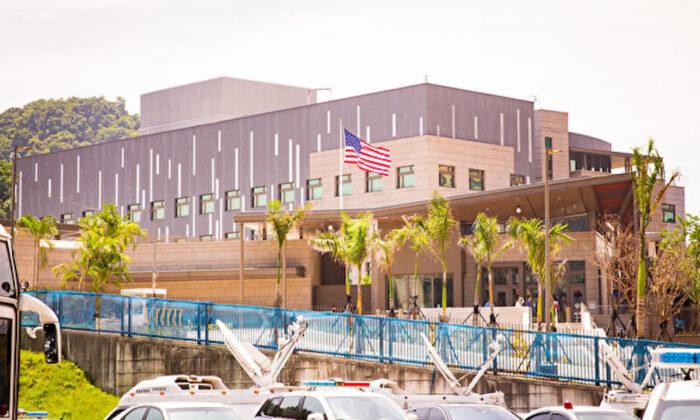As the United States continues to intensify its efforts of restraining the Chinese Communist Party (CCP), relations between the two countries have worsened. According to Taiwanese economist Wu Jialong, the United States will be able to “drive the CCP to its death” in three ways by denying political legitimacy to the regime. To accomplish this, the United States’ “top priority” is to restore diplomatic relations with Taiwan, formally known as the Republic of China (ROC).
- Not to recognize the CCP’s political legitimacy and removing its sovereign immunity;
- allowing the American people to file a class-action lawsuit against the CCP and start claiming compensation for the damages caused by the CCP virus (novel coronavirus) pandemic;
- defining the CCP as a terrorist organization and a criminal group.
The CCP considers Taiwan as part of its territory and insists on a “one China policy” that precludes any international space for Taiwan.
Wu said the CCP acquired the seat in the United Nations as the successor to the seat once held by the Republic of China. And its nine-dash line of territorial and sovereignty claims in the South China Sea is also a successor claim held by the ROC as well. The CCP’s entire political legitimacy is based on being the successor of the ROC.
Wu said that if the United States supports Taiwan and gives it diplomatic recognition, that in itself is not enough to deny the CCP’s legitimacy. In other words, Taiwan would be recognized as an independent country and not ruled under the “one China policy.” The United States must challenge the CCP’s political legitimacy and system of justice, so “the highest priority is to restore diplomatic relations with Taiwan,” Wu said.
“The United States should use the flag of Taiwan to deny the CCP.”
Wu also said that Taiwan needs to take the initiative to further discuss with the United States the threat coming from the CCP.
While Americans have largely come to realize the threat from the CCP and are changing their attitude towards it, many people in Taiwan have not, and even believe in the CCP’s “rising of China” propaganda. They do not see clearly that China’s rise over the past decade was actually made possible through the support from the United States. But once the United States shuts off markets that were previously open to China, closes off Hong Kong as a window to the Chinese economy, and enters a confrontational or “cold war” mode with the CCP, China will only decline.
Wu said the Taiwanese people should grasp the opportunity to put Taiwan on the global stage and to be less fearful of the CCP’s retaliation as they were in the past. Furthermore, Taiwan should put forward a discussion and stop being trapped in the victim mentality, thinking that “the United States pushes peaceful evolution towards the CCP and thus marginalizing Taiwan.” Taiwan’s loophole in the past was that it didn’t make Americans understand that “it’s wrong to expect something from the CCP.”
“Americans now understand that they misjudged the CCP’s nature over the past 90 years,” Wu said. “But America’s relationship with Taiwan over the past four decades has fallen victim to this misjudgment. During this time, Taiwan did not put forward a discourse on international politics to influence Americans’ diplomatic and strategic thinking. It’s now time for Taiwan to quickly do that.”
Wu said Taiwan has to take more initiative. “Taiwan needs to put forward effective theoretical arguments, from geopolitics to ideology, to expose the dangers behind the CCP’s aggressive actions, and let Americans know how to go against the communists. This is what Taiwan should do and can do.”

